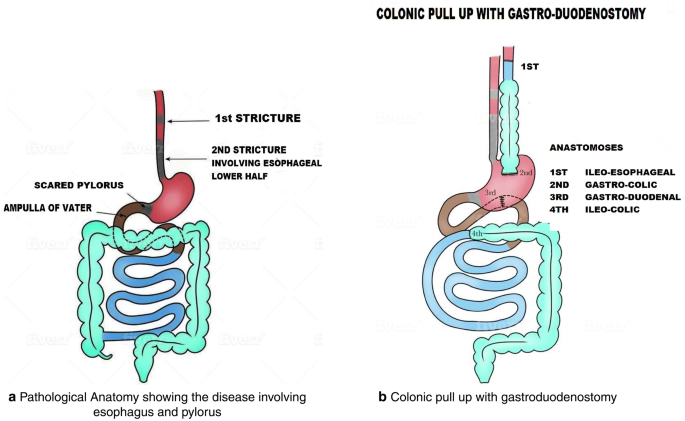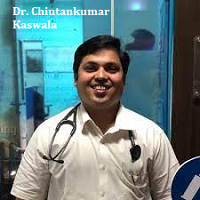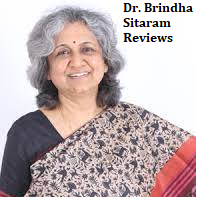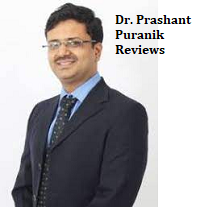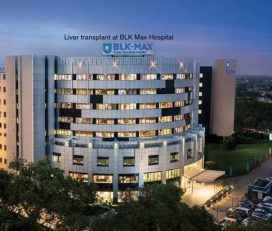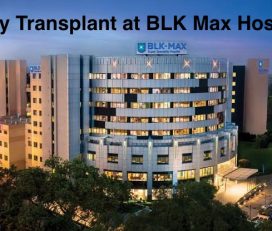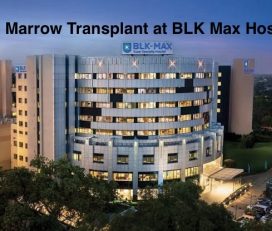The cost of Oesophageal Cancer Surgery in Bangalore is as follows:
| Surgery name |
A minimum price (Indian rupees) |
Maximum price (Indian rupees) |
Average price (Indian rupees) |
| Oesophageal Cancer |
₹ 1,873,27 |
₹ 3,515,83 |
₹ 2,678,59 |
The Cost for Oesophageal Cancer Surgery may vary according to the following factors:
- Doctor’s Fee
- Hospital charges
- Medical condition after Oesophageal Cancer Surgery
- Type & Quality of Implants/Consumables
- Lab Tests recommended post-Oesophageal Cancer Surgery
Symptoms Oesophageal Cancer
Trouble swallowing: The most common symptom of esophageal cancer is the difficulty of swallowing, the sensation that food is trapped in the throat or chest, or even coughing on food. The medical term for difficulty swallowing is dysphagia. This is mostly mild when it starts and then worsens over time as the gap inside the esophagus gets narrower.
Chest pain: Often people experience pain or discomfort in the middle of their chest. Some people get a sensation of pressure or burning in the chest. Swallowing can be painful if the cancer is large enough to obstruct the flow of food through the esophagus.
Swallowing can be painful if the cancer is large enough to obstruct the flow of food through the esophagus. Pain can be felt a few seconds after swallowing when food or fluid enters the tumor and has difficulty getting past it.
Weight loss: about half of people with esophageal cancer are losing weight (without trying to). This is because their swallowing issues prevent them from eating enough to sustain their weight. Other causes include reduced appetite and increased cancer metabolism.
Other signs: Other potential symptoms of esophageal cancer may include: hoarseness, Chronic cough, Vomiting, Hiccups, Bone pain, Bleeding in the esophagus.
Different types of Oesophageal cancer:
Squamous cell carcinoma: the esophagus is commonly lined with squamous cells. Cancer that starts in these cells is called squamous cell carcinoma. This form of cancer may occur anywhere along the esophagus but is most common in the portion of the esophagus in the neck and in the upper two-thirds of the chest cavity.
Adenocarcinoma: cancers that begin in the gland cells (the cells that produce mucus) are called adenocarcinoma. This form of cancer typically occurs in the distal (lower third) portion of the esophagus. Before adenocarcinoma can develop, the gland cells must replace the squamous cell area, which is what happens in Barrett’s esophagus. This occurs mainly in the lower esophagus, which is where most adenocarcinomas begin.
Rare cancers: Other forms of cancers can also begin in the esophagus, including lymphomas, melanomas, and sarcomas. But these forms of cancer are rare.
We offer outstanding, compassionate care (in Bangalore) for oesophageal cancer using the latest techniques.
Diagnosis of Oesophageal Cancer
Medical history and physical exam: If you have symptoms that could be caused by esophageal cancer, you may be asked about your medical history to look for potential risk factors and to learn more about your symptoms. You will be tested for potential symptoms of esophageal cancer and other health conditions.
Imaging scans for oesophageal cancer: Imaging tests use x-rays, magnetic fields, sound waves, or toxic material to make images of the inside of the body. Imaging scans can be performed for a variety of reasons, such as: to help find a suspicious area that may be cancer, to learn whether and how far cancer has spread, to help decide whether the treatment is effective, and to check for potential signs of cancer returning after treatment. Imaging tests such as Barium swallow, Computed tomography (CT or CAT) scan, Magnetic resonance imaging (MRI) scan, Positron emission tomography (PET) scan are used during diagnosis.
Endoscopy: An endoscope is a flexible, narrow tube with a tiny video camera and an end light that is used to look inside the body. Tests that use endoscopes can help diagnose or determine the extent of oesophageal cancer spread. Upper endoscopy, endoscopic ultrasound, bronchoscopy, thoracoscopy and laparoscopy, biopsy laboratory studies are used.
Blood testing: Certain blood tests to help decide whether you have oesophageal cancer. Comprehensive blood count (CBC): This test tests the various types of cells in your blood.
Stages of Oesophageal Cancer
When someone has been diagnosed with esophageal cancer, it is important to know if it has spread, and if so, how far. This method is called a staging process. The stage of cancer explains how much cancer there is in the body. It helps to assess how bad the cancer is and how best to treat it.
Most oesophageal cancers begin in the innermost lining of the esophagus (epithelium) and evolve into deeper layers over time. How is the stage set?
The most widely used stage system for esophageal cancer is the TNM system, which is based on three main pieces of information:
The extent (size) of the tumor (T): how far have cancer spread to the wall of the esophagus? Has cancer entered surrounding organs or structures?
Propagation of neighboring lymph nodes (N): has cancer spread to nearby lymph nodes?
Propagation (metastasis) to distant locations (M): has cancer spread to distant lymph nodes or distant organs, such as the lungs or the liver?



